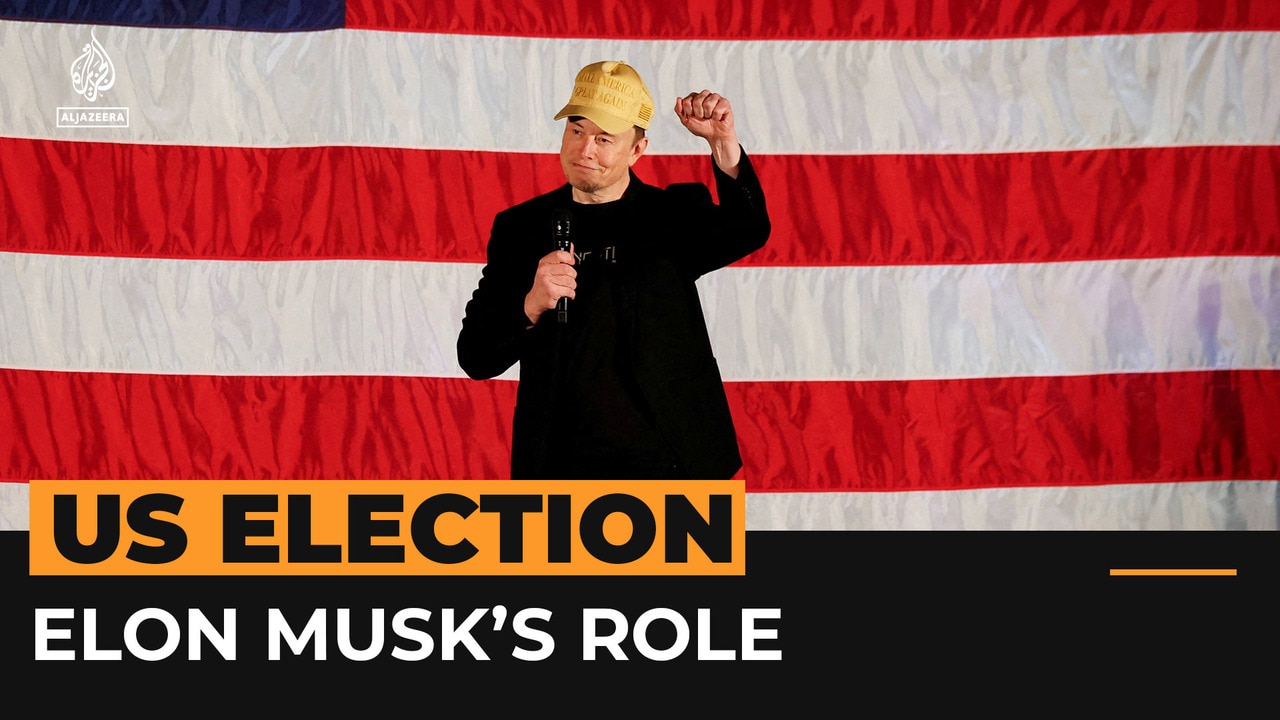
Two weeks ago, I reported that the US bond market was predicting a Trump win.
Australian opinion pollster Gary Morgan declared that the US bond market was right because, in America, a large number of voters would not declare that they planned to vote for Trump because such a declaration was socially unacceptable in their friendship circles
Morgan was right. When Trump hit the front in vote counting, he called me to reveal his analysis of the poll data showed it was women who misled US pollsters. Women declared they would vote for Harris when they intended to vote for Trump.
Morgan says a similar development took place in Australia in the Indigenous voice referendum when it was politically incorrect to vote no, so women said they would vote yes but voted no.
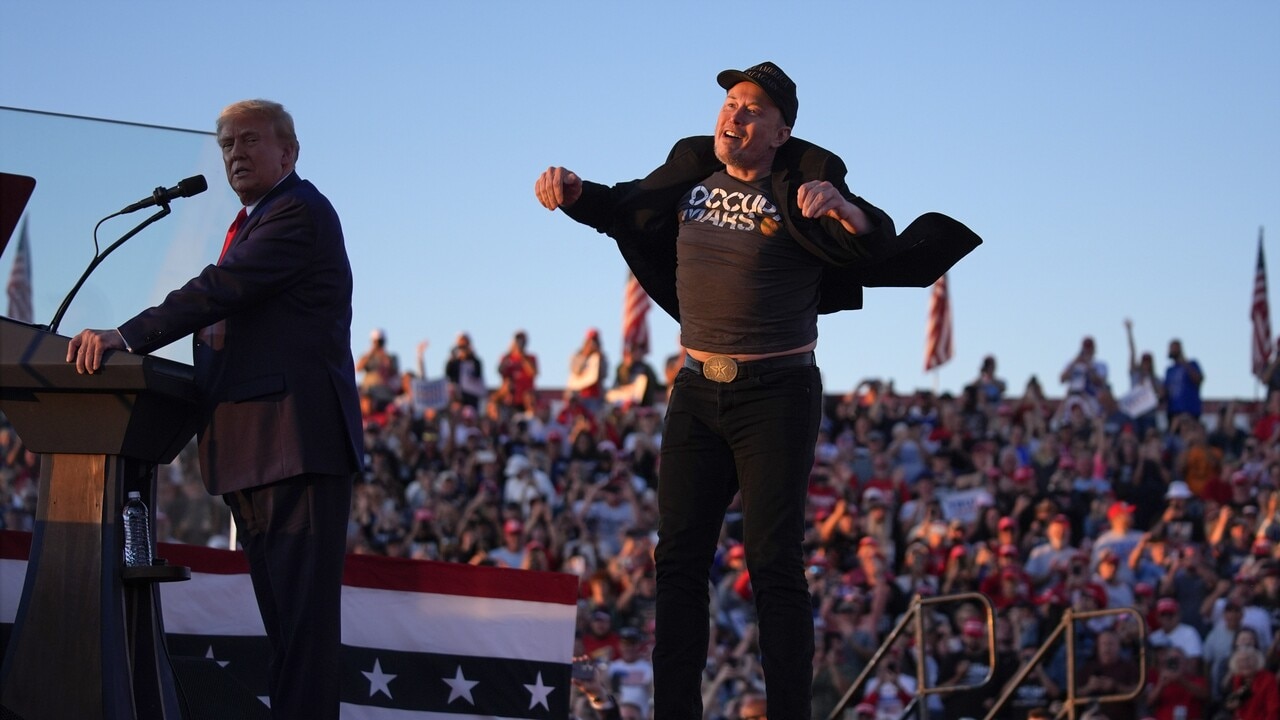
My second lesson: behind the razzamatazz of mass meetings, the Democrats and the Republicans used different techniques to win the swing states. The Democrats assembled a massive army of doorknockers, aiming to get people out to vote and to vote for Kamala Harris. It was the traditional method.
Trump turned to Elon Musk – the man who has led the world in electric cars and now space – for ideas. Musk devised a unique system to win votes in the swing states. He set up “America PAC” to give away $US1m a day in a lottery, where the “ticketholders” were those in key electorates who signed a petition to support free speech and the right to bear arms.
Trump’s name was not mentioned, but the voters were mobilised.
Musk also promised signatories in Pennsylvania a $US100 reward for each registered voter they referred who signed the petition. Smiling winners with their cheques were displayed on the PAC social media site promoting Trump. It looks as if it worked.
As I explained last week, Musk’s satellite network has become vital for US defence, and for the first time, a significant portion of American – and Australian – defence has been outsourced. This was set to make Musk vital to the US President no matter who won the election.
Thirdly, politicians in the US, Australia, and parts of Europe, including the UK and Germany, believe that to win office they need to hand out expensive promises to woo voters.
But that automatically puts them in conflict with central bankers who have the responsibility to control inflation and are using interest rates as their weapon.
In the US, Harris’s promises would have added $US4 trillion to the US deficit and borrowings over a decade. But Trump’s promises would have involved outlays double that. If the promises were honoured, the outlays would require massive capital raisings and keep US interest rates high which is why bond markets slumped and yields rose. In turn, those US rates would impact Australia
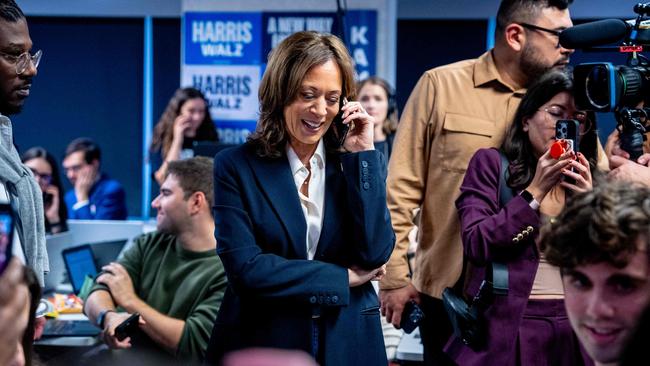
Harris would argue that her corporate tax increase would raise much more than the estimates give her credit, and Trump would make a similar claim about his tariffs. But tariffs also increase the cost of goods, and Federal Reserve chair Jerome Powell will want to count price increases as a result of tariffs in his inflation sums. Almost certainly, Trump will dispute this.
Trump promised to reduce company tax rates to 20 per cent, which although costly, might attract revenue from top corporates who otherwise would avoid tax in Ireland and other places. To the extent these companies have operations overseas that export to the US, they will be forced to pay tariffs which becomes a quasi-income tax.
In Australia, federal and state governments have led the world in big spending against the wishes of the central bank. Frustrated RBA governor Michele Bullock has warned both political parties not to go on promise binges prior to the election. If they do, then interest rates will be impacted
Finally, Harris could have won the election. The most controversial promise of Trump was his plan to invite Musk into his cabinet as head of an “efficiency commission” to use enhanced computer power, including artificial intelligence, to slash government expenditure. Musk claimed he could cut $US2 trillion from government spending, or about 30 per cent of total US expenditures.
If Musk delivered it would represent a massive change to the US public service and government services costing vast numbers of jobs. Had Harris run a scare campaign, not only in Washington but around the country, it is highly likely she would have won the election. But she didn’t wake up.
If Trump honours his word and gives Musk the authority and Musk succeeds, then the expected much higher US interest rates that the bond market is predicting may not take place. When Musk takes on a task, he devotes his life to making sure he succeeds. We have seen that in electric cars and space and the marketing of Trump. The same dedication is likely be applied to reducing government expenditure.


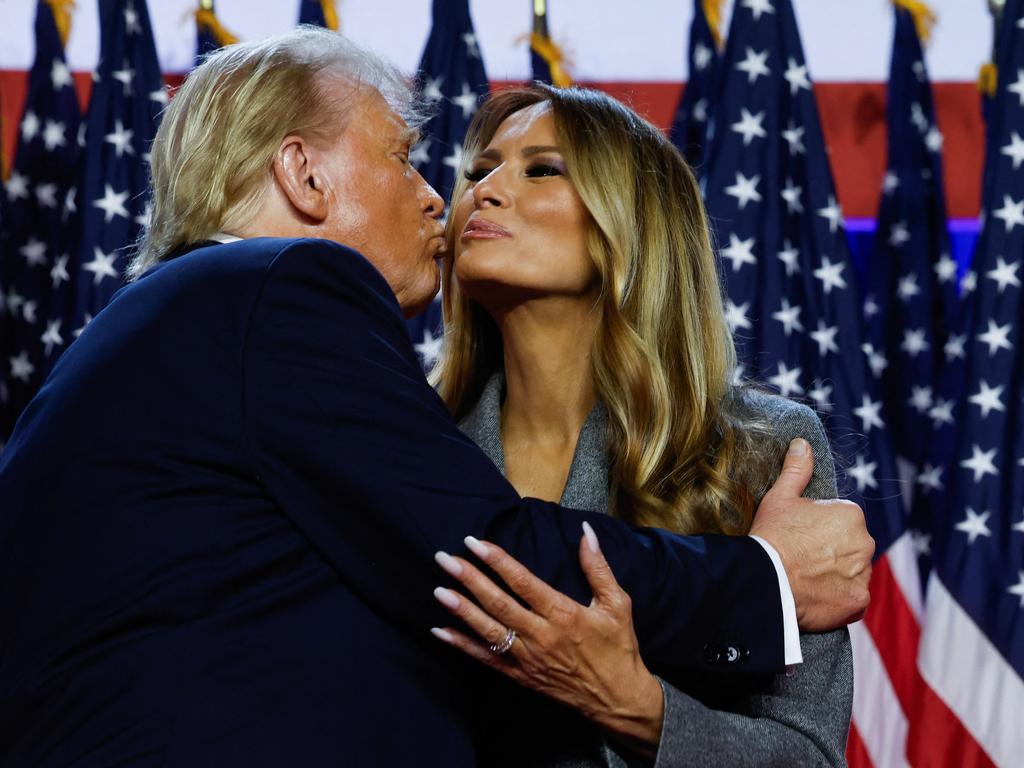
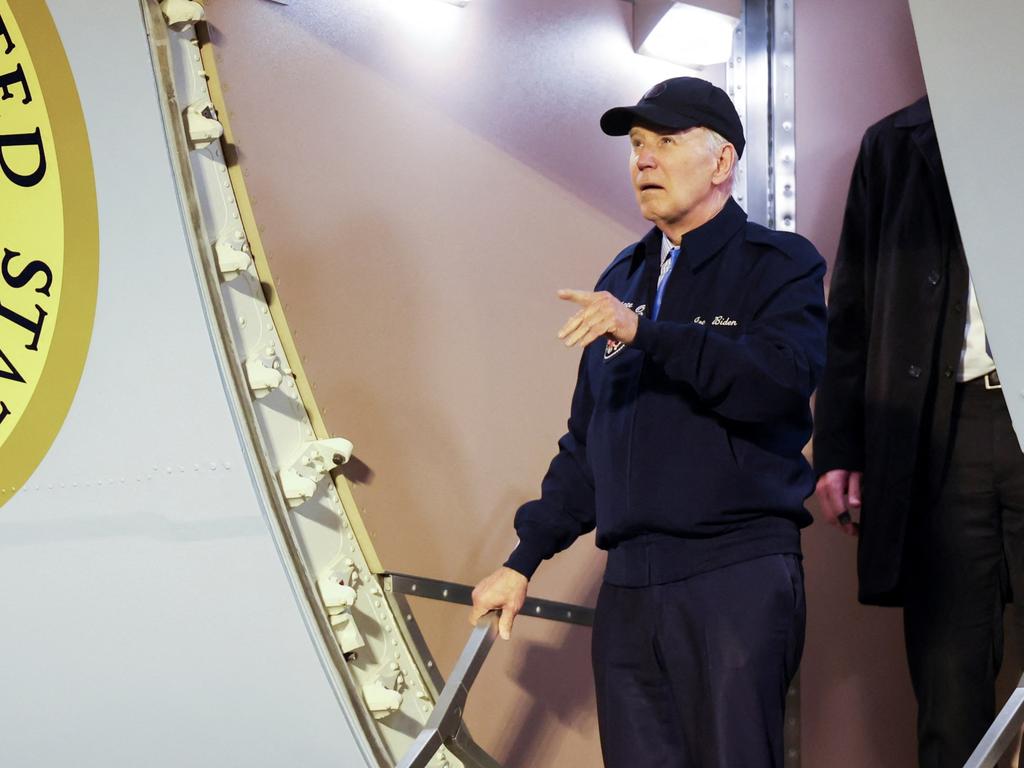
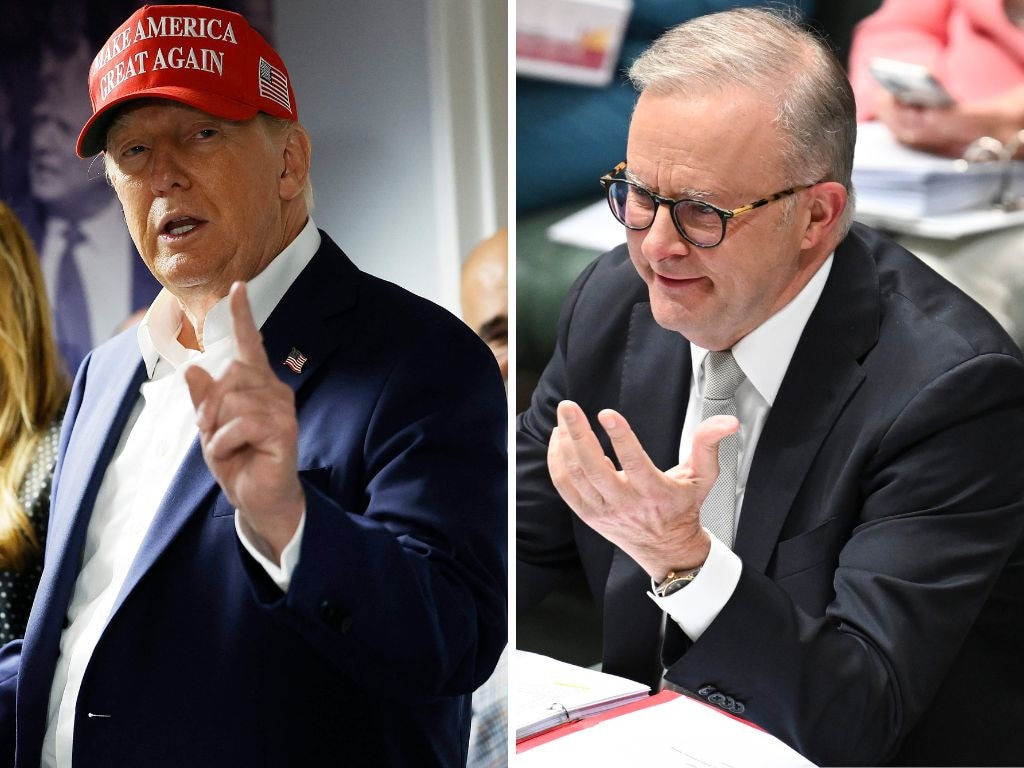


I took four lessons from the counting in the US election: American women misled the pollsters; Elon Musk led Donald Trump to the White House doors and will play a huge role under his presidency; politicians believe they must make expensive promises and are set to have deep conflicts with central banks; and finally, this was an election Kamala Harris should have won easily. But she did not do her research.